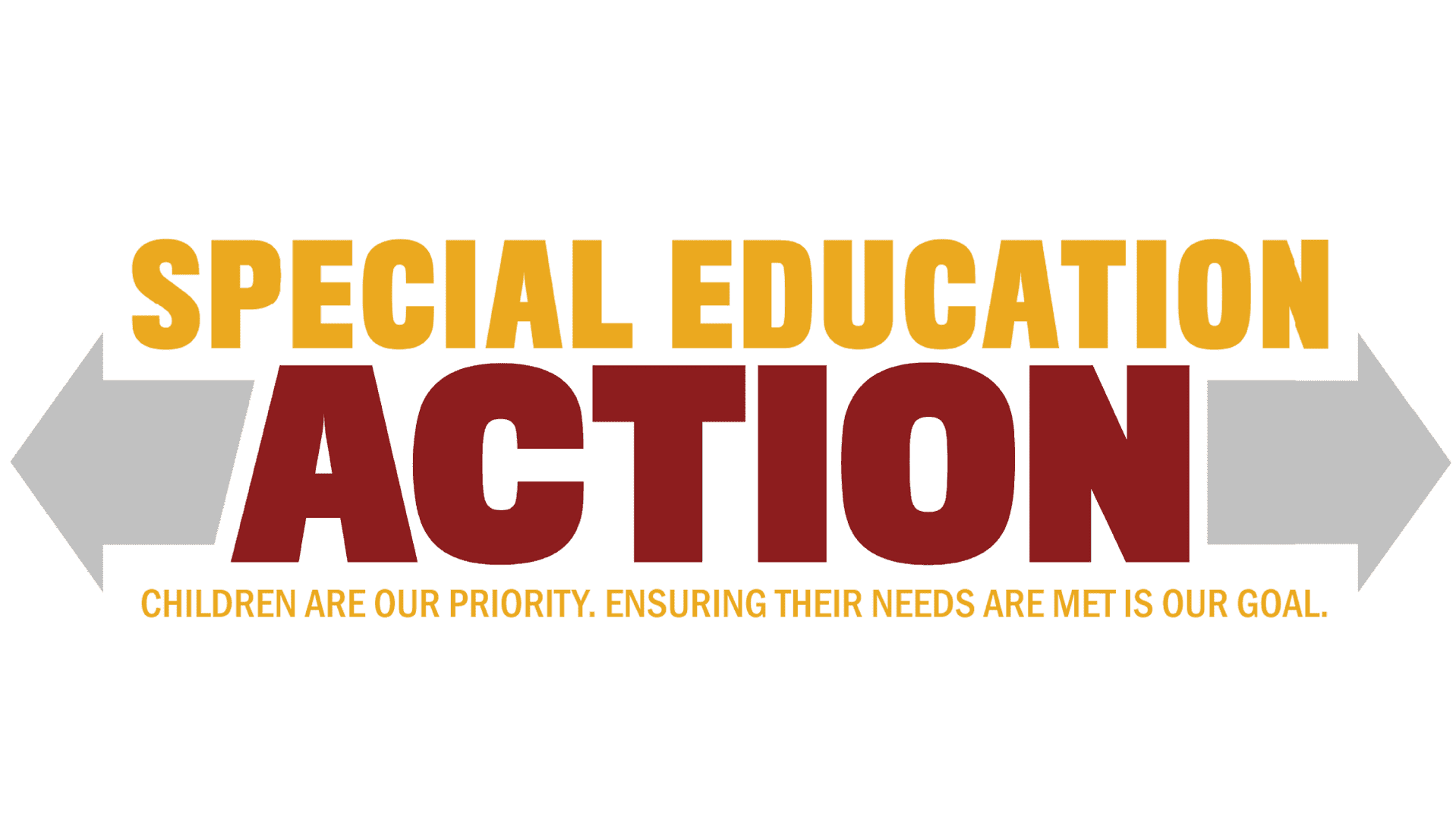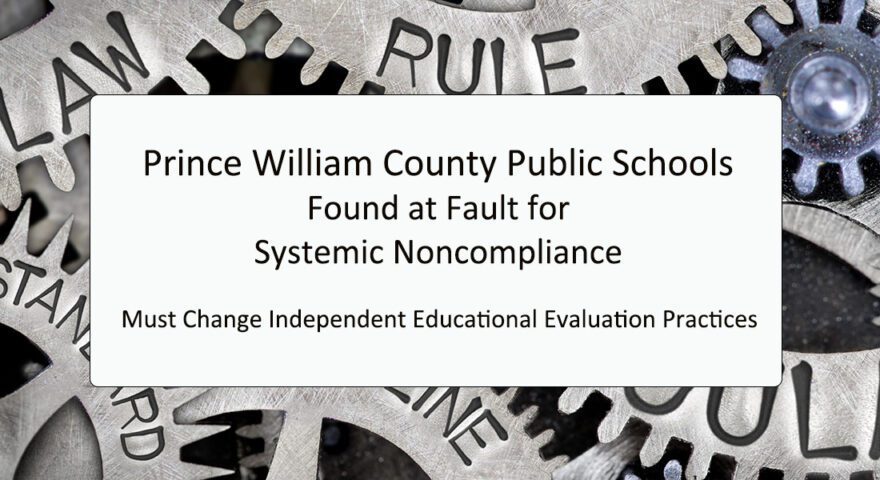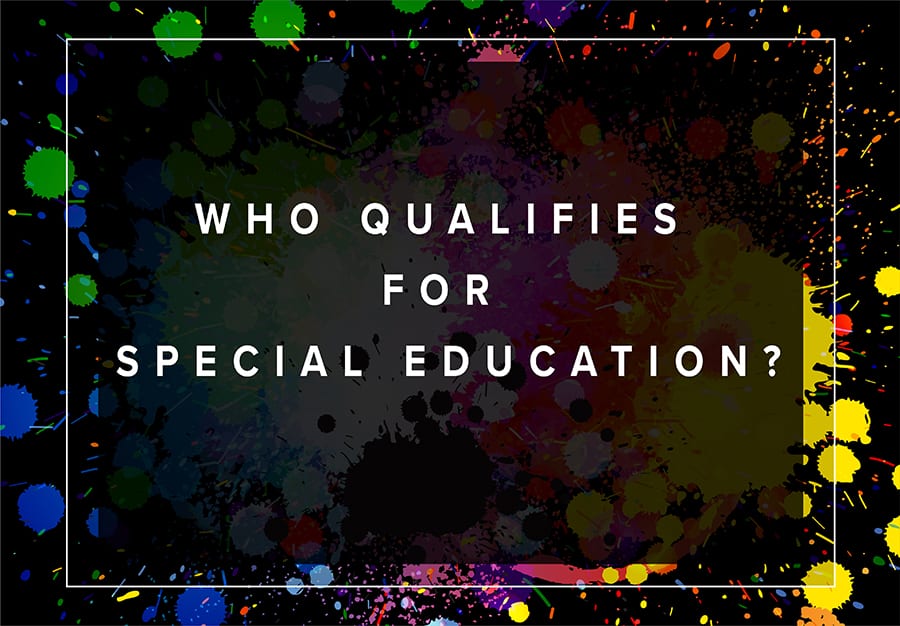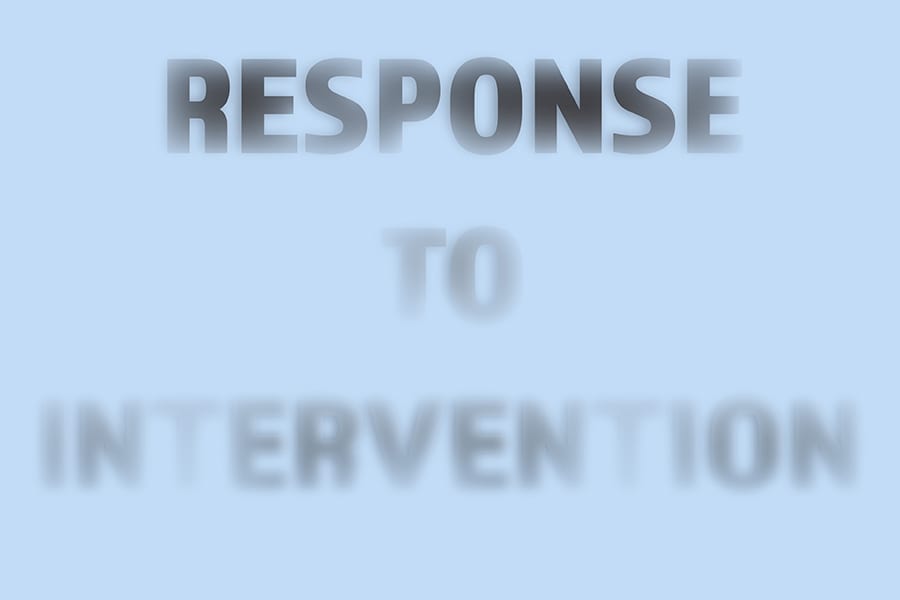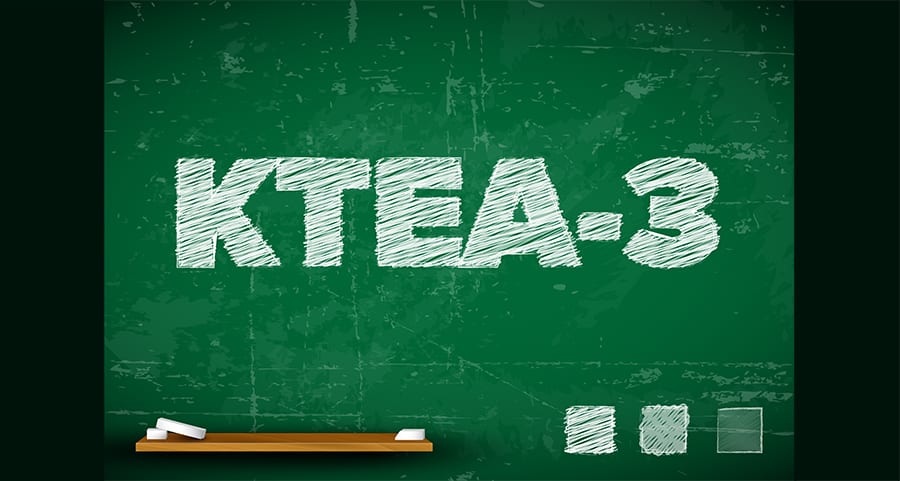VDOE identified four counts of noncompliance related to PWCPS’ division-wide independent educational evaluation (IEE) practices, to include failure to follow U.S. Department of Education’s (USDOE) June 2020 required changes to Virginia Administrative Code (VAC).
It’s the Law: Comprehensive Evaluations
In the case of initial evaluations, §300.301(a) of the Individuals with Disabilities Act (IDEA) is your go-to regulation:
Each public agency must conduct a full and individual initial evaluation, in accordance with §§300.304 through 300.306, before the initial provision of special education and related services to a child with a disability under this part.
Students Must Meet These Requirements to Qualify for Special Education
Are your child’s struggles and your gut feeling enough for your child to qualify for special education?
No. However, your gut feeling and your child’s struggles shouldn’t be discounted either.
A Response to Intervention Cannot Be Used To Delay Or Deny An Evaluation For Special Education Services
According to the U.S. Department of Education (USDOE), in its 1.29.19 Letter to Zirkel, “IDEA does not define RTI . . . RTI is only mentioned in IDEA when determining eligibility for specific learning disability. 20 U.S.C. § 1414(b)(6)(B) and 34 C.F.R. § 300.307(a)(2).”
However, the United States Department of Education has stated that, “States and LEAs have an obligation to ensure that evaluations of children suspected of having a disability are not delayed or denied because of implementation of an RTI.”
KTEA-3: Comprehensive Isn’t Always Comprehensive
If yes, do you know if the Brief or Comprehensive Form is being administered?
Do you know the difference between the Brief and the Comprehensive Forms?
Are you aware of the Dyslexia Index?
Do you know if your school is cherry picking subtests to administer, what each subtest measures, and if they are appropriate for assessing your child’s needs (or suspected needs)?
